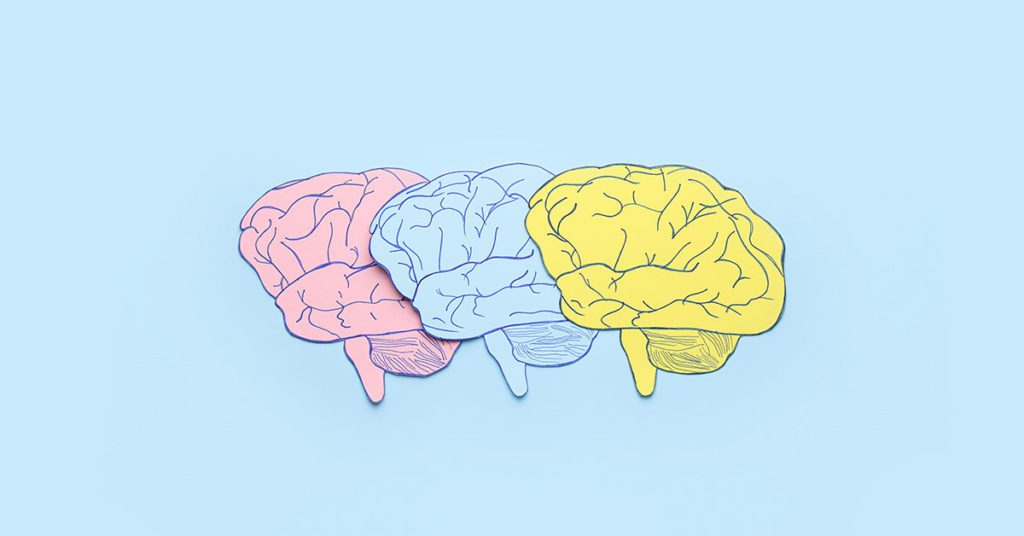Did you know brain health conditions such as depression, stroke, and dementia are more common in women than men?
The Women’s Brain Health Initiative reports that 70% of Alzheimer’s patients are women. Women make up 2 out of 3 Alzheimer’s cases. That’s a significant percentage; it’s essential to take daily steps to be proactive rather than reactive to help combat this trend.
Thanks to the Women’s Brain Health Initiative, we now celebrate Women’s Brain Health Day!
Women’s Brain Health
Many different biological factors play a role in health for each sex and gender. Our gender can affect our reactions to specific medications. For example, since women have denser fat storage than men, “fat-soluble” medicine will be processed differently. The same goes for blood pressure, women have a different blood pressure baseline than men, so medication should be adjusted accordingly.
Research is still developing that showcases that there shouldn’t be overgeneralized, cookie-cutter treatments for all genders and that women deserve equality in health treatment, diagnosis, and precision medicine. It’s essential to encourage women to become empowered with information and seek out proper health resources to be most successful in their everyday lives.
So What Can You Do About Your Brain Health?
Brain-aging diseases can occur at any age, but we can help prevent or delay their progress. Some things that can help keep our brain in top shop include proper exercise, diet, sleep, social activities, and a desire to be a life-long learner.
Do something every day that brings you joy and sip on some mindfulness. Live fully, ensure you’re getting the proper nutrient intake, and indulge in some tea or meditation to reduce stress and boost your immune system. Turning an everyday moment into a ritual allows mindfulness so you can focus on the present.
There is a strong connection between nutrition and brain health. Renowned for expertise in Alzheimer’s research, Dr. Dale Bredesen recommends a nutrient-dense, heavily plant-based diet rich in colorful, organic, seasonal non-starchy vegetables. Our mind is the foundation of all we do, so keeping it fueled with a balance of healthy lifestyle activities and brain-healthy ingredients will help us reach our potential.
Social isolation can potentially increase your risk for cognitive impairment. Make it a routine to do a friendly check-in and regularly connect with your family and friends. Send a message to a friend about this holiday, and what you have learned. Spreading awareness about brain health is a great way to support education and help improve lives!
Learn more about Dr. Bredesen and his recommendations for keeping your brain healthy at all stages of life!





